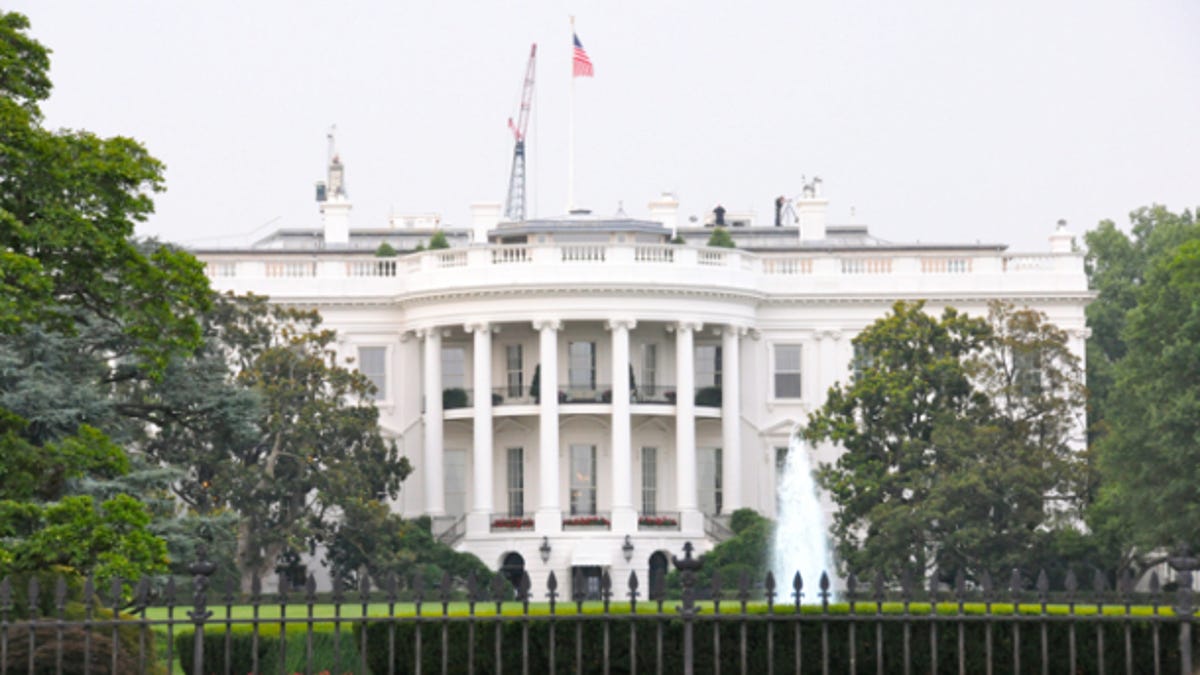White House says data can help fix America's overcrowded jails
Obama's latest initiative will help to direct low-level offenders and people with mental issues out of the jail system.

The White House is launching a new program called Data-Driven Justice to help reduce local jail population.
The White House wants to use data to more smartly figure out who should be in jail.
The program, called the Data-Driven Justice (DDJ) initiative, will allow states to better divert low-level offenders with mental illness out of the criminal justice system and keep low-risk defendants out of jail while they await trial.
The DDJ program could help alleviate the cost and congestion facing many of America's local jails, which costs local governments nearly $22 billion a year for minor offenses and low-level non-violent misdemeanors.
Every year, 11 million people move through America's local jails. In local jails, 64 percent of people suffer from mental illness, 68 percent have a substance abuse and 44 percent suffer from chronic health problems, according to the White House.
Seven states and 60 communities committed to DDJ. The plan is to use data collected on individuals who are often in touch with the police, emergency departments and other services and link them to health, behavioral health and social services within the community.
Law enforcement and first responders will also be trained in how to deal with people experiencing mental health issues to better direct them to the proper services. The administration is developing a toolkit that will guide jurisdictions toward the best practices, policies and programs that have been successful in DDJ communities.
DDJ will also put in place pre-trial assessment tools to determine whether the individual can safely return to society while awaiting trial without having to post bond. Valerie Jarrett, senior advisor to the president, said during a press call on Thursday that on average, individuals spend 23 days behind bars awaiting trial while only five percent are convicted and sent to prison.
"Criminal justice reform is a top priority for President Obama," Jarrett said. "There are people who simply do not need to be in our jails."
Some cities have already been using data-driven analysis to tackle mass incarceration. Charlotte, North Carolina, implemented a data-driven system back in 2014. They were able to identify people who did not pose a threat to the community and did not need to be in jail. Since then, the county jail population has dropped by more than 40 percent and have had no increase in reported crimes, Jarrett said.
Many tech companies are also on board with the program. Amazon Web Services will bring together data scientists, technologists, researchers and private sector collaborators in a Technology and Research Consortium to identify technology solutions to support DDJ communities. Esri, a mapping software company, has pledged $500,000 worth of software and solutions to DDJ communities.
AWS will also provide a cloud-infrastructure to help share data between criminal justice and health care practitioners among DDJ communities. The consortium will then be able to analyze individuals at risk needing specific services and figure out which programs are the most successful in keeping people out of jail.
"There are communities across our country that are exploring ways to be smarter and more effective in the way they run their criminal justice system and reduce crime in their community," Jarrett said.

